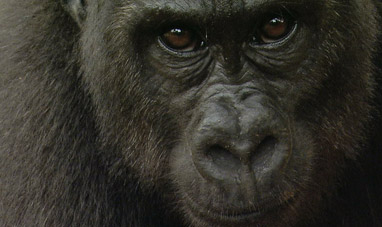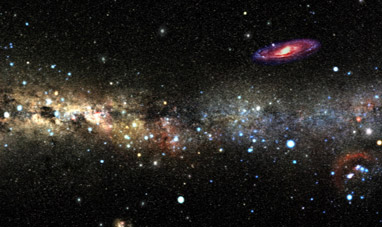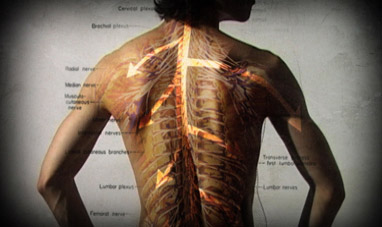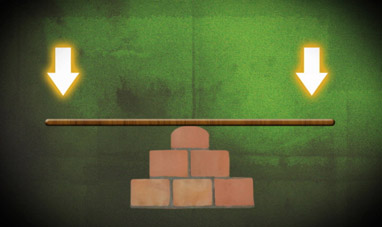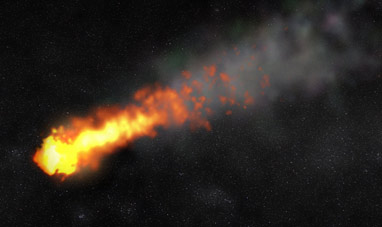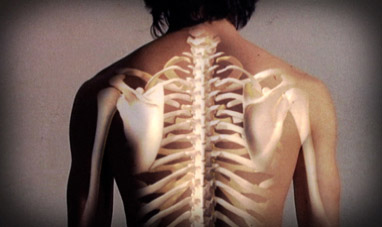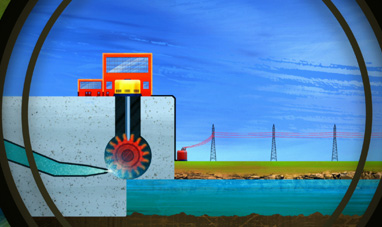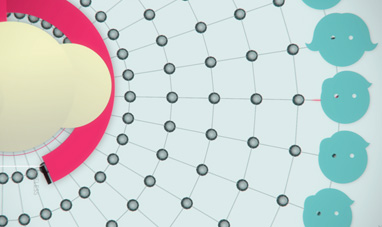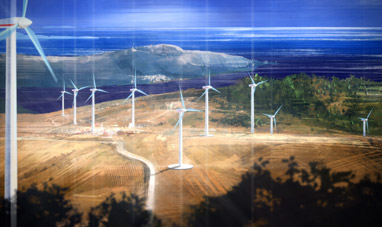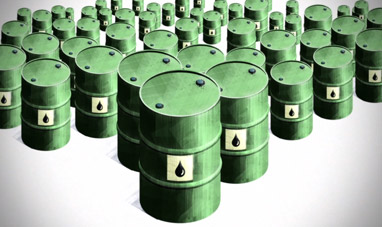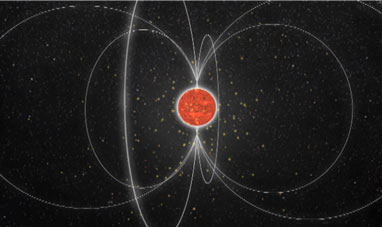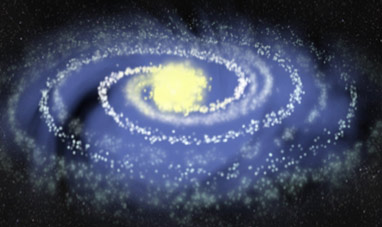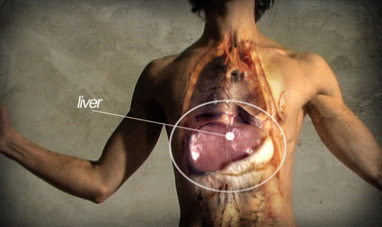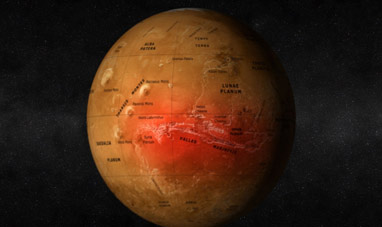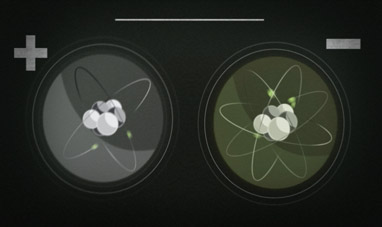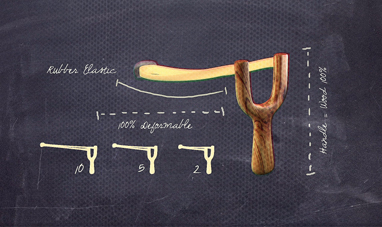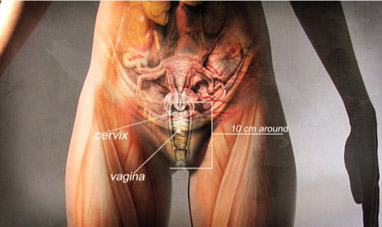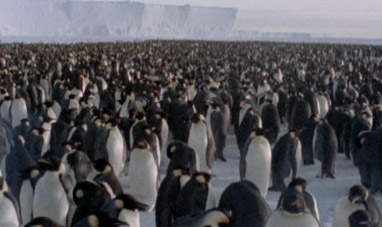The digestive system is a series of organs whose individual functions form the digestive process. To grow, survive and reproduce, the human body needs energy, which it takes from food. The body assimilates food after breaking it down into simple substances, a process that is possible thanks to digestion.
The digestive system is a tube stretching roughly 10-12 meters in length. In order to visualize its position within the human body, just imagine the food’s journey from the mouth to the intestine, through the pharynx, esophagus and stomach. The digestive system also includes the salivary glands, liver and pancreas, which produce enzymes, or proteins that facilitate and accelerate the body’s chemical processes, including metabolism.
The digestive process begins in the mouth, where food is minced by chewing, doused in saliva and transformed into a mass called the bolus. Carbohydrates have already begun to be digested, thanks to an enzyme contained in saliva. The bolus crosses the pharynx and reaches the esophagus. Muscle contractions then push it into the stomach. This movement is called swallowing.
Inside the stomach, food substances mix with secretions produced by the stomach’s inner wall, which contains enzymes and acids designed to break them down. These secretions are known as the gastric acids. The bolus is turned into a smooth, semi-fluid mass called chyme. Gastric digestion lasts between two and four hours. This is the phase during which protein assimilation begins.
Partially digested food descends into the duodenum, the first tract of the small intestine, where it is diluted by bile, as well as by pancreatic and intestinal juices. At this point, nutrients are reduced to simple molecules, the smallest unit of any given substance, and flow into the blood after having been absorbed by the small intestine mucosa.
Digestion is now complete.
Nutrients are needed to build or repair tissue, and are also transformed into energy to allow the body to perform its vital functions. Undigested matter, on the other hand, moves into the colon, where it is partially dehydrated and then expelled as feces. Nerve cells in the intestine produce large quantities of serotonin, a substance that plays an important role in regulating our moods, sexual behavior and appetite.
Ancient thinkers believed that the stomach is where each individual person registers his or her impact with reality. Today, some alternative medicines and recent scientific research confirm these beliefs, suggesting that the stomach is where the human body experiences emotions. According to this theory, the intestine is our second brain, and our inability to understand what it tells us lies at the heart of many physical and psychological pathologies.
The digestive system is a tube stretching roughly 10-12 meters in length. In order to visualize its position within the human body, just imagine the food’s journey from the mouth to the intestine, through the pharynx, esophagus and stomach. The digestive system also includes the salivary glands, liver and pancreas, which produce enzymes, or proteins that facilitate and accelerate the body’s chemical processes, including metabolism.
The digestive process begins in the mouth, where food is minced by chewing, doused in saliva and transformed into a mass called the bolus. Carbohydrates have already begun to be digested, thanks to an enzyme contained in saliva. The bolus crosses the pharynx and reaches the esophagus. Muscle contractions then push it into the stomach. This movement is called swallowing.
Inside the stomach, food substances mix with secretions produced by the stomach’s inner wall, which contains enzymes and acids designed to break them down. These secretions are known as the gastric acids. The bolus is turned into a smooth, semi-fluid mass called chyme. Gastric digestion lasts between two and four hours. This is the phase during which protein assimilation begins.
Partially digested food descends into the duodenum, the first tract of the small intestine, where it is diluted by bile, as well as by pancreatic and intestinal juices. At this point, nutrients are reduced to simple molecules, the smallest unit of any given substance, and flow into the blood after having been absorbed by the small intestine mucosa.
Digestion is now complete.
Nutrients are needed to build or repair tissue, and are also transformed into energy to allow the body to perform its vital functions. Undigested matter, on the other hand, moves into the colon, where it is partially dehydrated and then expelled as feces. Nerve cells in the intestine produce large quantities of serotonin, a substance that plays an important role in regulating our moods, sexual behavior and appetite.
Ancient thinkers believed that the stomach is where each individual person registers his or her impact with reality. Today, some alternative medicines and recent scientific research confirm these beliefs, suggesting that the stomach is where the human body experiences emotions. According to this theory, the intestine is our second brain, and our inability to understand what it tells us lies at the heart of many physical and psychological pathologies.

